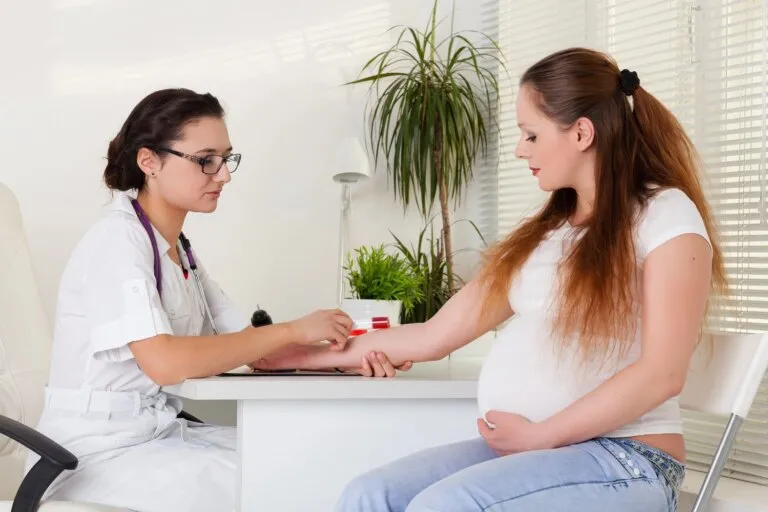During pregnancy, a woman's body undergoes numerous changes aimed at creating the best possible conditions for the development of the foetus. One very interesting phenomenon, however, is the over-emphasis on pregnancy by the expectant mother's partner. In addition to the emotional attachment, there are symptoms in the form of an enlarged abdomen or morning sickness. These symptoms are known as Couvade syndrome. Find out what the symptoms are and how it is treated.
Couvade syndrome – what is it?
Couvade syndrome affects men whose partners are currently pregnant. The term comes from the French and means “couver”. It is also translated as “coital syndrome”. Men who are very attached to their partner are most frequently affected. They develop symptoms that are similar to those of the expectant mother. The causes of Couvade syndrome are not fully understood. There is a theory that it is most likely due to changes in the concentrations of hormones in the body such as prolactin, testosterone or cortisol and others. Interestingly, Couvade syndrome is not categorised as a disorder or disease according to international scales such as the ICD.
Couvade syndrome – symptoms
The symptoms of Couvade syndrome in expectant fathers are similar to those of a pregnant woman. These include morning sickness, vomiting, unusual food cravings or mood swings. In addition, the father-to-be suffers from fatigue and excessive sleepiness or, conversely, sleep disorders and insomnia. Headaches and back pain may also occur. Interestingly, during the course of Couvade syndrome, the father-to-be often experiences an increase in the size of his abdomen. The size of the breasts can also change and the nipples can become more sensitive.
Couvade syndrome – Treatment
There are no treatment guidelines when a man is diagnosed with Couvade syndrome. The symptoms usually disappear after the birth, but in some cases the symptoms persist until the postpartum period and the man may develop symptoms characteristic of postpartum depression. Psychotherapy can help to counteract the effects of Couvade syndrome. However, it is important not to underestimate the symptoms. The good news is that most men return to the state their partner was in before the pregnancy after the birth or postpartum period.











